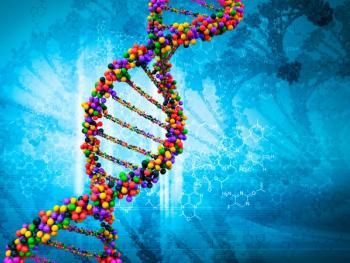
This new study investigated a potential link between genetically predicted polycystic ovary syndrome (PCOS) and greater risk of endometrial cancer among patients of European and Asian ancestries.


This new study investigated a potential link between genetically predicted polycystic ovary syndrome (PCOS) and greater risk of endometrial cancer among patients of European and Asian ancestries.

Multidisciplinary care that includes growth hormone treatment should not cease once patients with Prader-Willi syndrome reach adulthood, according to authors of a study on care outcomes.

This new study from Finland highlights both the potential for severe psychiatric disturbances among women with polycystic ovary syndrome (PCOS) and lack of extensive knowledge of the toll of psychoses among this group.
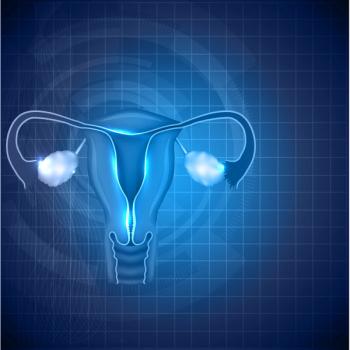
This new review from China investigated the relationship between diet and fertility among women with polycystic ovary syndrome (PCOS) and provides clinical and evidence-based nutrition recommendations to help manage their reproductive health.
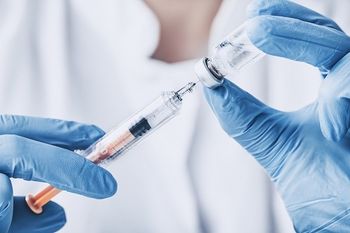
This study from Japan investigated the impact of early initiation of growth hormone (GH) treatment on puberty onset and adult height outcome.

Early identification of psychosocial problems and psychotherapeutic care are critical in mitigating issues of low self-esteem and psychosocial maladjustment in children with growth hormone deficiency (GHD).
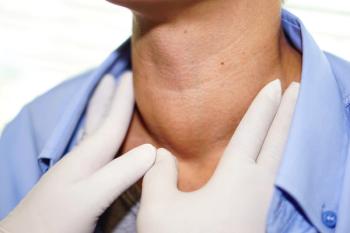
Neck circumference may serve as a suitable alternative to waist circumference when gauging cardiometabolic risks, outside of body mass index and waist circumference, among women with polycystic ovary syndrome (PCOS).

In this new study from China, investigators aimed to clarify anxiety- and depression-like symptoms and behaviors among women with polycystic ovary syndrome (PCOS).

Because treatment with growth hormone (GH), often necessitated by GH deficiency from childhood cancer, has been linked to tumorigenesis, concerns remain around its use among childhood cancer survivors.

A validation of the observer-reported outcome of the Growth Hormone Deficiency-Child Impact Measure found it valid and reliable to understand the impact of treatment with growth hormone therapy.

Investigators compared physical and mental health outcomes among infertile women with and without polycystic ovary syndrome (PCOS), who were considered obese, by looking at their dietary intake, eating behavior, physical activity levels, and quality of life (QOL).
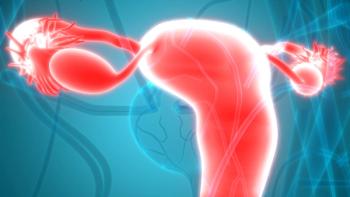
Polycystic ovary syndrome (PCOS) is one of the most common reproductive endocrine and metabolic diseases in women of childbearing age, but data that compare outcomes between obese and nonobese patients are scarce—something this study sought to remedy.

This new study from Serbia compared outcomes on oral glucose tolerance tests between women who are pregnant and those who have polycystic ovary syndrome (PCOS).
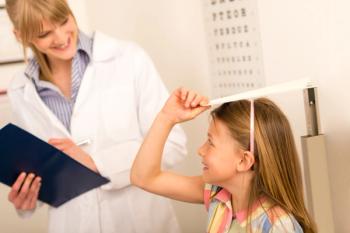
A new study from Turkey shows, among other results, that delayed initiation of treatment with growth hormone among pediatric patients may lead to minimal height improvements despite adherence to the therapy.

With sleep apnea and abnormal sleep patterns typifying Prader-Willi syndrome, researchers from Sweden and Denmark theorized that treatment with growth hormone may improve both for individuals affected by the rare neurodevelopmental disease.

University of Birmingham researchers point to potential benefits via reduced unbound active androgens, low levels of which increase the body’s response to insulin and decrease the likelihood of hirsutism in women with polycystic ovary syndrome (PCOS) at risk of developing type 2 diabetes (T2D).

An article looks at questions surrounding the long-term risks of polycystic ovary syndrome (PCOS).
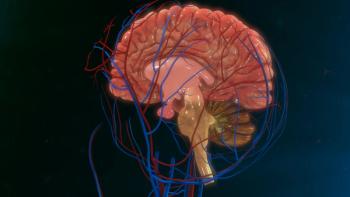
A large study out of the United Kingdom finds that women who use hormone replacement therapy (HRT) do not have a higher risk of dementia.
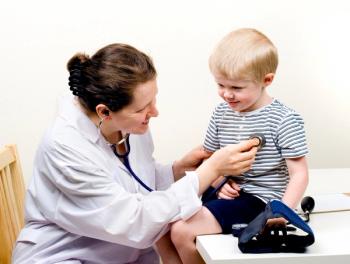
A recent review explored issues in diagnosing and treating children with growth hormone deficiency (GHD).

An updated report shows that the long-term cost of treating the health effects of polycystic ovary syndrome (PCOS)—$4.3 billion—is even higher than $3.7 billion it takes to diagnose and treat immediate issues that present for women who are of reproductive age.
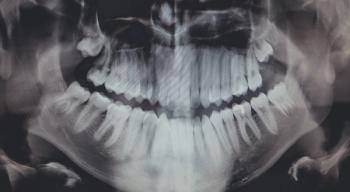
A systematic review that aimed to find out more about how growth hormone deficiency (GHD) affects children's oral and dental development found that knowledge gaps still remain.

Real-world outcomes can differ from those seen in tightly-controlled clinical trials, so researchers wanted to examine the patterns of growth hormone treatment in a large cohort of children in Israel.
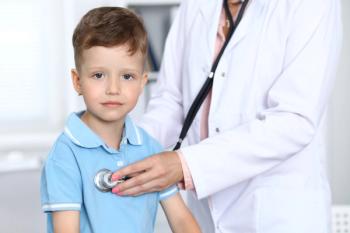
This pivotal phase 3 trial led to the recent approval of lonapegsomatropin for growth hormone deficiency.

A review of cases using MRI with and without contrast agent found perfect or near-perfect agreement in most cases when evaluating patients with short stature for growth hormone deficiency.

The product, lonapegsomatropin, is a sustained-release formulation and could replace daily injections.

259 Prospect Plains Rd, Bldg H
Cranbury, NJ 08512
© 2025 MJH Life Sciences®
All rights reserved.
